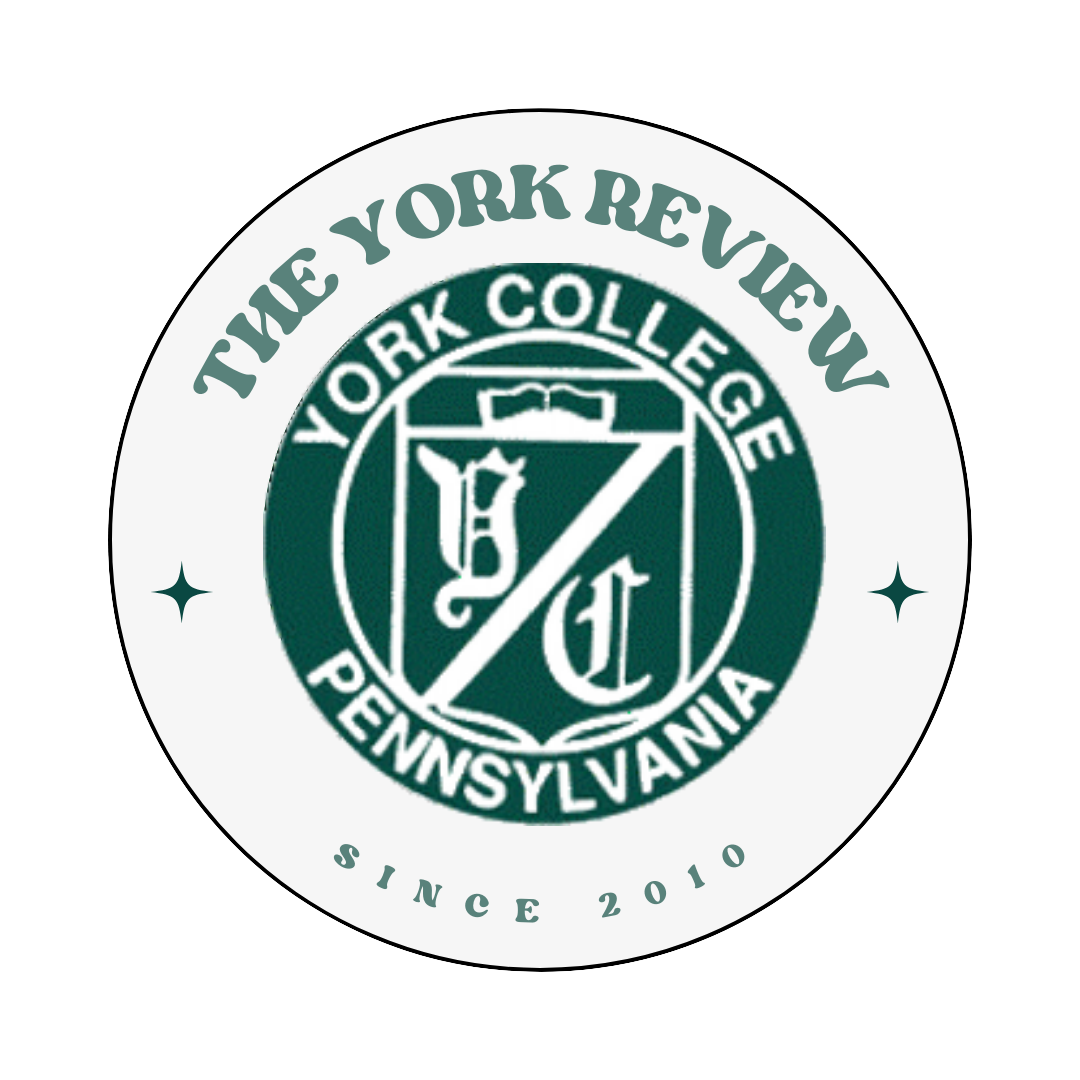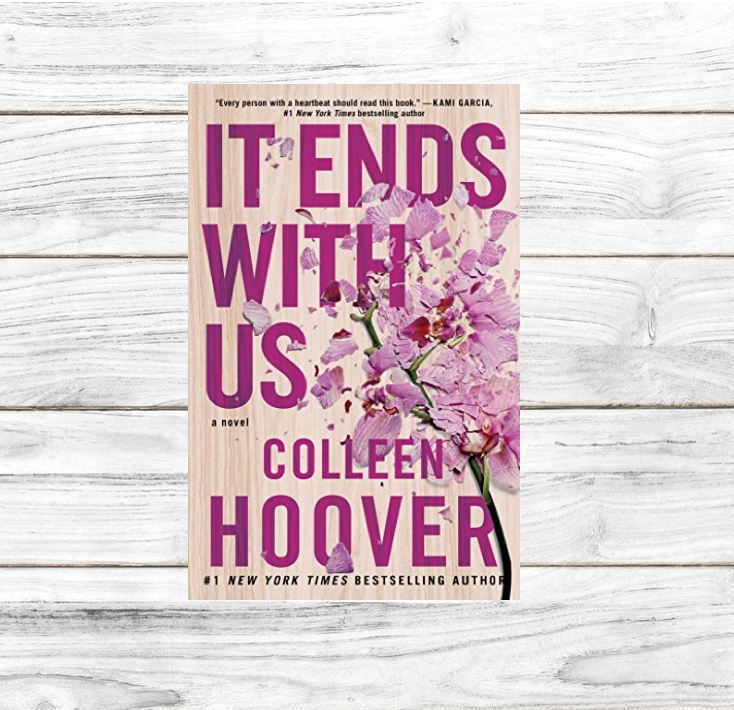Let’s Read Romance: “It Ends with Us”
Content Warning: Verbal, Physical, Sexual, Domestic Abuse
The following also contains spoilers for It Ends with Us.
Talking about It Ends with Us by Colleen Hoover is difficult. Hoover herself presents the story as a romance and for a long time as a reader, you truly are supposed to believe it’s just a love triangle romance between Lily Bloom, Ryle Kincaid, and Atlas Corrigan. Then you get into the story and realize it's not supposed to be read as a romance, but as a graphic and realistic depiction of the horrors of domestic abuse.
First, it's important to understand a little about the story. Readers follow Lily Bloom through two different timelines, one as an adult living her everyday life and new relationship with Ryle and the other is told through journal entries from 16-year-old Lily who is living in her abusive household, but really focuses on her relationship with her first love, Atlas. The timelines converge later in the story when after years of separation from Lily, Atlas finds himself back in her life as she navigates an abusive relationship with Ryle.
I could very easily spend the next 1,000 words talking about how much I absolutely adore Atlas; how despite their traumatic parting and 8 years apart while he was in the military, he’s the perfect gentleman to Lily once they meet again; how despite being abused by his parents himself and being homeless at 18, he’s still gentle and caring with Lily when they’re younger.
I could very easily spend the next 1,000 words talking about how much I despise Ryle. A big part of the book is supposed to involve the reader falling in love with Ryle just as Lily does and then the shock that comes with Ryle’s abuse. Most of that shock factor was lost on me as a reader because I hated him from the moment he was introduced. At the end of the day all I want to say about Ryle is he’s an abusive, manipulative asshole who deserves every bad thing that ever happens to him. The moment when Atlas punches him in the face is the best part of the story; he deserves that and so much worse.
But I don’t want to talk about the plot, or really the story as a romance. I want to talk about Colleen Hoover and her use or content warnings, or the lack of them. It Ends with Us needed a content warning. It’s as simple as that. I went into the story expecting a love triangle romance; I knew the story was sad, but I just thought Lily chose the wrong person in the end. I was so unprepared for the moment Ryle first hits Lily, or when he pushes her down the stairs and tells her to lie about it, or any of the other horrific things he does to her over the course of their relationship.
Colleen Hoover has said on social media she doesn’t use content warnings because it would spoil the story for readers. In a way I get it, It Ends with Us was written in a way where the reader wasn’t supposed to know Ryle was the bad guy, it was supposed to show the reality of domestic abuse. But giving the level of detail she decided to and not providing a content warning that the story was going to be graphic isn’t okay. I didn’t think the abuse was going to affect me, I don’t have any personal history that would make it triggering for me, but it messed me up. I got to a point where I couldn’t read some of it, I had to just skim and skip until it was over. I can’t imagine what it could trigger for someone who goes in blind. It seems inconsiderate as a writer to know that what you’re writing can cause emotional harm to someone and say nothing about it because of spoilers.
She didn’t need to write “Ryle is abusive to Lily” as a content warning, just a mention that the story was about abuse and was going to be graphic would have been helpful. I was hoping for some drama involving Lily and Ryle breaking up, Lily going back to Atlas, and Ryle (a high-profile surgeon) having to save Atlas after some sort of accident. The typical drama you get in a contemporary romance novel because that’s how Hoover promoted the novel. And that’s not at all what you get. I would rather know someone in the story is going to be abusive and spend the first part of the novel trying to figure out who that person is rather than being blindsided by graphic descriptions of abuse like Hoover decided to do in the story.
I think the issue with content warnings is more than just Hoover. It doesn’t seem like it’s been a priority to the publishing industry and it's not something they want to adapt and maybe it should be considered. I think a lot of readers could benefit from content warnings on books and would make book buying easier for people if they know a specific topic will trigger them. I feel as the book communities grow online, there will be a pressure on publishing houses to include content warnings on their books, and it would probably be a change for the better.
As frustrated as I am with the lack of content warnings, I do think It Ends with Us is an important read. I learned a lot from it, and it stuck with me even months later. Hoover undoubtedly is an amazing writer and I’ve enjoyed a fair few of her books and will continue to read them—she’s releasing It Starts with Us, a book focused on Atlas at the end of the year, and I will be first in line to read about my love Atlas Corrigan.

